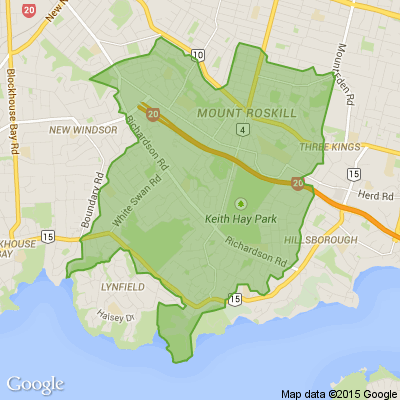Cost of living relief for parents
More cost-of-living relief kicks in from Tuesday, targeted at parents and caregivers with young kids in childcare.
Family Boost lets eligible families claim back up to 25 per cent of their childcare costs, to a maximum of $975 every three months. The first quarterly payments can start being claimed from October 1.
We know it’s tough for Kiwis right now and National is proud to be delivering relief for childcare costs, on top of the tax relief that started landing in Kiwis’ pockets from the end of July.
So if you or someone you know has young kids in childcare, make sure you check out the IRD website for details about eligibility and how to make a claim.
But we also know the only way we can afford to support Kiwis with the cost of living is by rebuilding the economy – with more opportunities for growth and investment.
That’s why it was so exciting that, after just four months of negotiations, National Party Minister Todd McClay signed the dotted line this week on a new trade agreement with the United Arab Emirates.
It’s a perfect example of what can be achieved when we go out and hustle on the world stage – unleashing new markets for trade and investment so Kiwis can do the business.
It’s awesome news for farmers and growers – the agreement will scrap duties on 98.5 per cent of our exports to the UAE immediately when it comes into effect: meaning more cash in their pocket, when their product moves offshore.
Federated Farmers summed it up well by saying "This agreement will take millions of dollars that would have been charged in tariffs and pump them directly into our rural communities.”
We promised to work at pace to rebuild our economy and completing New Zealand’s fastest-ever trade agreement negotiations is a great example of how we’re doing exactly that.
=======================================
NATIONAL party website
=======================================
Some Choice News!
DOC is rolling out a new tool to help figure out what to tackle first when it comes to protecting our threatened species and the things putting them at risk.
Why does this matter? As Nikki Macdonald from The Post points out, we’re a country with around 4,400 threatened species. With limited time and funding, conservation has always meant making tough calls about what gets attention first.
For the first time, DOC has put real numbers around what it would take to do everything needed to properly safeguard our unique natural environment. The new BioInvest tool shows the scale of the challenge: 310,177 actions across 28,007 sites.
Now that we can see the full picture, it brings the big question into focus: how much do we, as Kiwis, truly value protecting nature — and what are we prepared to invest to make it happen?
We hope this brings a smile!

Poll: 🤖 What skills do you think give a CV the ultimate edge in a robot-filled workplace?
The Reserve Bank has shared some pretty blunt advice: there’s no such thing as a “safe” job anymore 🛟😑
Robots are stepping into repetitive roles in factories, plants and warehouses. AI is taking care of the admin tasks that once filled many mid-level office jobs.
We want to know: As the world evolves, what skills do you think give a CV the ultimate edge in a robot-filled workplace?
Want to read more? The Press has you covered!

-
52.7% Human-centred experience and communication
-
14.7% Critical thinking
-
29.8% Resilience and adaptability
-
2.7% Other - I will share below!
Share your favourite main crop potato recipe and win a copy of our mag!
Love potatoes? We will give away free copies of the May 2026 issue to readers whose potato recipes are used in our magazine. To be in the running, make sure you email your family's favourite way to enjoy potatoes: mailbox@nzgardener.co.nz, by March 1, 2026.







 Loading…
Loading…